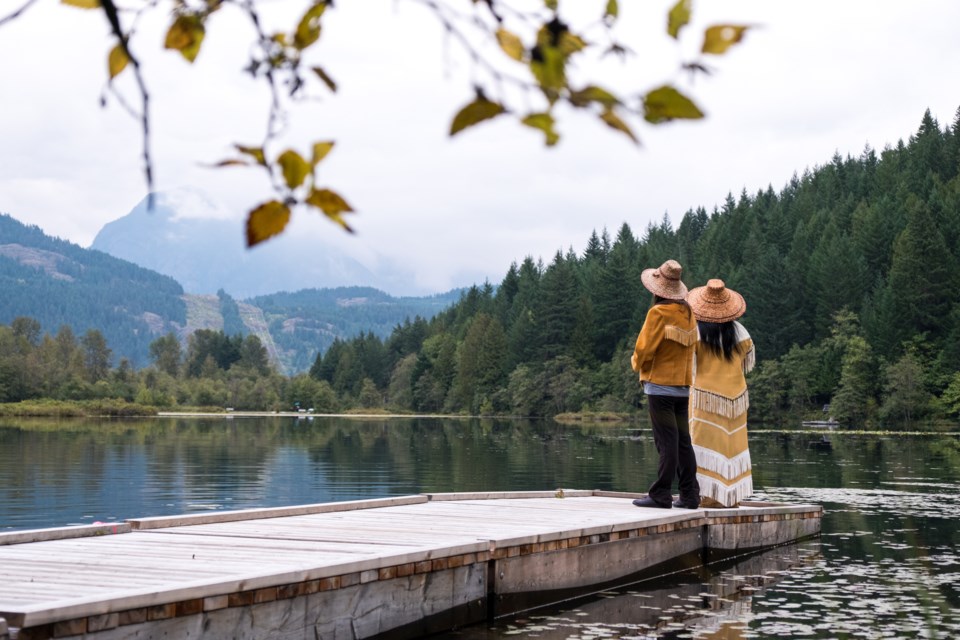It has been two years since British Columbia passed legislation requiring the government to align the entirety of its laws with the United Nations Declaration on the Rights of Indigenous Peoples (UNDRIP). However, despite the legislation, the change seen is extremely limited.
The mandate requires a huge undertaking that involves updating over 5,000 provincial laws. Two major changes announced by the province are: an amendment of the Interpretation Act and an amendment to the B.C Human Rights Code.
“Our government is committed to meaningful reconciliation with Indigenous Peoples and combatting racism and discrimination, both of which are crucial to building a better С����Ƶ for everyone,” said David Eby, Attorney General.
“These two legislative amendments represent important steps to implement the Declaration on the Rights of Indigenous Peoples Act and ensure С����Ƶ laws are interpreted using the UN Declaration on the Rights of Indigenous Peoples as a guide.”
In June 2020, the government released a draft implementation plan that outlined actions — categorized into four themes — that would be taken over a five year period.
However, many critics believe that the province’s implementation of UNDRIP is too slow.
While Terry Teegee, Regional Chief of the С����Ƶ Assembly of First Nations — an organization which represents over 200 communities — acknowledges the issues faced by the province in 2021, such as wildfires and flooding, he believes the government must do more to its legislation.
“We know that changing the machinery of government takes time and that it has been two years since the passage of the Declaration Act. Yet, responses to the COVID-19 pandemic and to the flooding and wildfires across the province shows that, where there is political will, progress and action can happen quickly,” said Teegee.
“It is time to apply this same level of political will to meaningfully tackle the issue of legislative development, ensuring a rightful place for First Nations Governments throughout the process.”
A main issue for many critics and Indigenous peoples is the UN declaration’s requirement for governments to obtain free, prior and informed consent from Indigenous peoples when attempting to work on their lands.
Unfortunately, 2021 marked the third year in a row that Wet’suwet’en land defender camps were raided by the RCMP, who were enforcing a civil injunction on behalf of Coastal Gaslink and the С����Ƶ Supreme Court.
This year, during the major raid, 30 people were arrested, including journalists.
Merle Alexander, lawyer at Miller Titerle Law and a hereditary chief of Kitasoo Xai’xais First Nation, said, “The province has been making a conscious decision to try and take on more social policy issues for UNDRIP compliance than taking on lands-and resource-based issues, which really doesn’t make any sense, because all the conflict is occurring in lands and resource areas.”
“What First Nations in С����Ƶ have been experiencing for the last two years is this complete disconnect where the bureaucracy has been operating at arguably a lower duty to consult standard, because of COVID.”




